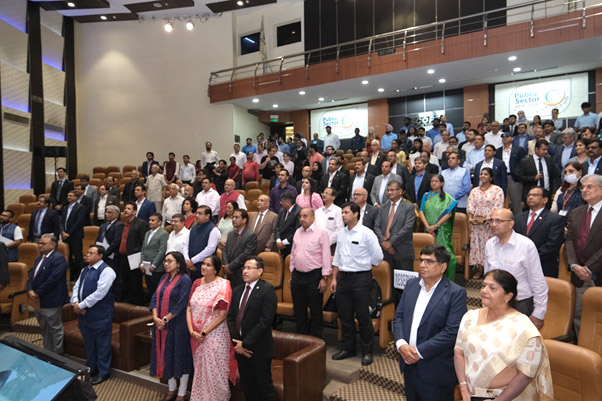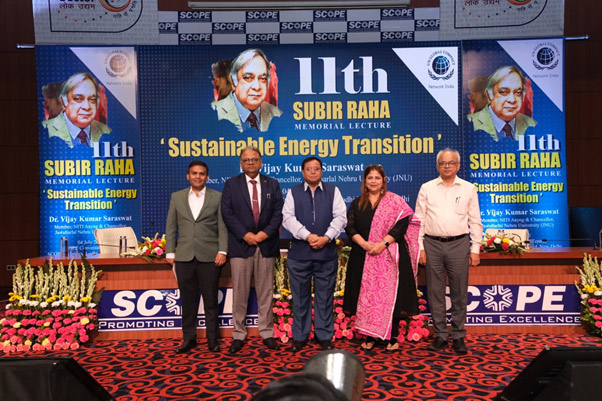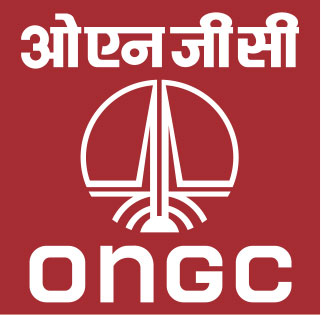"हमें ऊर्जा सुरक्षा, ऊर्जा समानता और पर्यावरणीय स्थिरता की ऊर्जा त्रिलम्मा को संतुलित करना होगा": 11वें सुबीर राहा मेमोरियल व्याख्यान में नीति आयोग के सदस्य ने कहा
Igniting the spirit of sustainable energy transition, the 11th Subir Raha Memorial Lecture, themed "Powering a Sustainable Future," was organized by United Nations Global Compact Network India on 4 July 2023. This prestigious event supported by Indian Oil Corporation Limited and Oil and Natural Gas Corporation Limited, paid homage to the remarkable legacy of the late Subir Raha, who carved an everlasting imprint on the global energy landscape. Once Director (Human Resources) at IOC, Mr. Raha's ascent to the distinguished position of Chairman and Managing Director at ONGC forever altered its trajectory, reshaping the course of the industry.
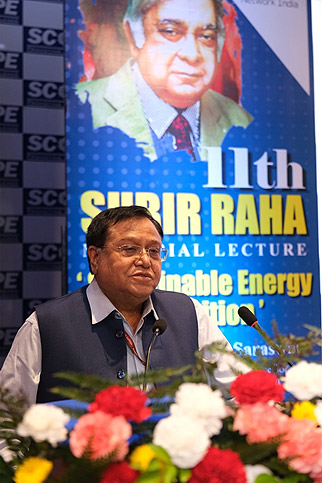
“For an accelerated path to Net Zero, India needs to adopt new policies like carbon pricing, technology breakthroughs like Carbon Capture Utilisation & Storage (CCUS) and accelerated shift to electric mobility, green steel, among others. CCUS in the industrial & energy sector is a significant effort for India’s path to Net Zero, and it is remarkable to see ONGC pursuing that passionately,” claimed Dr Vijay Kumar Saraswat at the lecture. Dr Saraswat, a member of the National Institution for Transforming India (NITI) Aayog and the Chancellor of Jawaharlal Nehru University, graced the Memorial Lecture as the distinguished keynote speaker. Renowned for his profound expertise in defence and aerospace technology, particularly in missile systems such as the highly successful Agni and Prithvi missiles, Dr Saraswat has propelled India's defence capabilities to unparalleled heights.
A staunch advocate for renewable-based approaches, placing special emphasis on the Hydrogen sector, Dr Saraswat is instrumental in recognizing the potential of hydrogen in India's energy transition. His endeavours stand as a testament to his unwavering commitment to advancing sustainable energy solutions. Dr V K Saraswat began his address by mentioning that it is a myth that developing countries like India contribute more to global greenhouse gas emissions. “India has contributed less than 4 per cent during 1850-2021. It cannot be denied that Coal, Oil and Gas contribute to over 80 per cent of greenhouse gas emissions. Simulations show the climate change is rising faster now. The pursuit should now be to balance the energy trilemma of energy security, energy equity and environmental sustainability,” he emphasized.
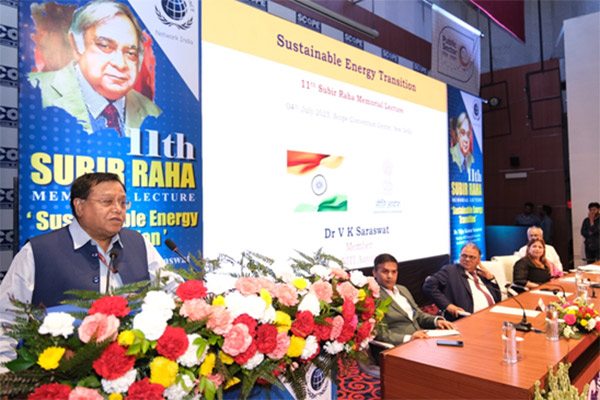
As the former Chief of Defence Research and Development Organisation (DRDO), Dr Saraswat has been instrumental in strengthening the scientific ecosystem and encouraging collaboration between academia, industry, and research institutions have created a fertile ground for scientific progress and technological advancements. Praising Mr Raha’s pathbreaking steps in Deepwater exploration, information technology usage and people’s initiatives, Dr Saraswat pointed that India's journey towards achieving Net Zero can be visualized through two distinct scenarios. The first scenario, known as the LoS (Line of Sight) Scenario, involves the implementation of India's Nationally Determined Contributions (NDCs) and existing policies, along with technological advancements aligned with the current trajectory. It also includes a shift in demand towards sustainable alternatives, such as the widespread adoption of electric vehicles in specific areas.
The second scenario, the Accelerated Scenario, envisions the adoption of new policies like Carbon Pricing and the rapid deployment of breakthrough technologies such as Carbon Capture, Utilization, and Storage (CCUS). It emphasizes the faster implementation of existing levers and an accelerated transition towards sustainable consumption, including the adoption of electric vehicles, alternative materials, coarse cereals, and green steel. Dr Saraswat praised ONGC’s efforts in that direction profusely.
“To drive a successful low-carbon energy transition, a combination of carefully selected strategies can yield significant results. These include increasing the share of renewable energy in electricity generation, employing CCUS technologies in fossil or biomass power plants, utilizing hydrogen and methanol in the energy and transportation sectors, promoting the use of green hydrogen in steel, refinery, and chemical industries alongside affordable blue hydrogen, and harnessing the potential of Small Modular Reactors (SMRs) for nuclear power generation,” Dr Saraswat underlined.
The effectiveness of these strategies relies on several key factors, including access to sufficient financial resources, collaboration in technology development, and the establishment of inclusive policies like Carbon Pricing and Taxation. Dr Saraswat mentioned that, “Financial interventions that incentivize alternative resources while discouraging fossil fuel use will play a crucial role in driving the transition. Joint research and development projects, cross-border partnerships, and technology transfer agreements are essential for enhancing technological capabilities and expanding the workforce.”
Countries with more mature renewable energy markets can play a pivotal role by sharing their experiences and insights on overcoming barriers to deployment, such as financing and regulatory challenges. Through collaborative efforts, new markets can be created for sustainable energy technologies, fostering the development of innovative business and economic models. This involves leveraging financing mechanisms like green bonds or public-private partnerships and exploring advanced materials like electrolysers, catalysts, and rare earth elements. Dr Saraswat highlighted that by embracing these strategies and adopting a collaborative approach, we can accelerate the adoption of sustainable energy technologies, drive economic growth, and pave the way for a more sustainable and resilient future.
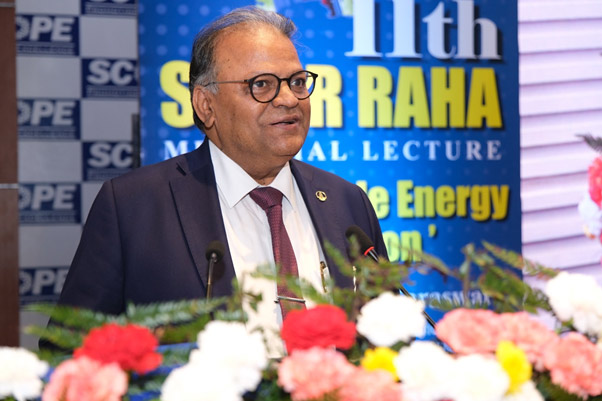
In his welcome address, UN GCNI President and ONGC Chairman and CEO Arun Kumar Singh stated that, “Transitioning to sustainable energy demands unity. Governments, industries and individuals must collaborate to achieve it. We all have a part to play in this by advocating for policy changes, embracing renewables and adopting sustainable practices. It is not just about innovation; it is about securing our planet's future.” Mr Singh mentioned how India has always championed sustainability for centuries together. “Now, thanks to current efforts, India is going to lead in this space again,” he said. Stressing how ONGC is actively progressing in the realm of sustainability, specifically in CCUS, Mr Singh pointed how the Energy Maharatna is effectively managing the commercial aspects of CCUS implementation.
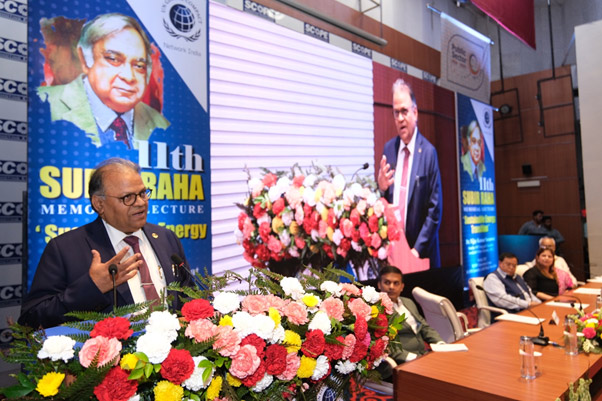
"Dr VK Saraswat was the ideal choice for the Subir Raha Memorial Lecture as he possesses unparalleled expertise on the subject and an intimate understanding of India's context,” Mr Singh remarked. "His insights on CCUS highlight the remarkable efforts being made to safeguard our planet. The game of sustainability is underway, and India has the potential to emerge as the largest centre of emissions in the coming years. Our time has finally arrived," he noted.
In addition to esteemed members of the Global Compact community, prominent corporate executives, board members, senior officials from ONGC and IOL, media professionals, and students, the event was graced by the presence of Miss Shuva Raha, daughter of Mr. Raha, who leads New Initiatives at the Council on Energy, Environment and Water. Also in attendance were notable figures including Miss Sunita Sule, Chair of the Centre of Excellence for Governance Ethics and Transparency at UN Global Compact Network India and Director of Country Development and Government Relations at BASF India Limited, as well as Mr Ratnesh, the Executive Director of UN GCNI. ONGC Videsh Managing Director Rajarshi Gupta, ONGC Director (Technical and Field Services) Om Prakash Singh, Director (Finance) Pomila Jaspal, Director (Exploration) Sushma Rawat, Director (Human Resources) Manish Patil, former Chairperson and Managing Director Dr. Alka Mittal, former Director (HR) Dr AK Balyan, several former ONGC Executives and the present Key Executives were also present at the occasion.
The audience showered acclaim upon the short film that portrayed the illustrious life of Mr Subir Raha, which was showcased earlier. The Vote of Thanks was proposed by the Group Chief Sustainability Officer at Amara Raja and the Vice President for the Southern region of UN GCNI Prashant Tiwari. His words of appreciation and gratitude marked the conclusion of the event, thanking all those who contributed to its success.
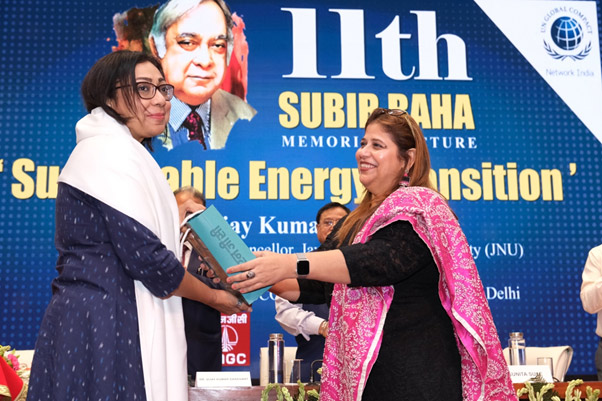
With the mantra of “People pehle, Paper peeche” (People first, Paper later) Mr. Subir Raha’s strategic acumen, bold decision-making, and unwavering commitment to excellence transformed organizations and shaped the industry landscape. Beyond his professional achievements, Mr. Raha's emphasis on corporate social responsibility and sustainable practices set a benchmark for responsible business conduct. His leadership style, characterized by innovation, inclusivity, and a passion for empowering his team, remains an enduring legacy that continues to inspire future generations of leaders.
